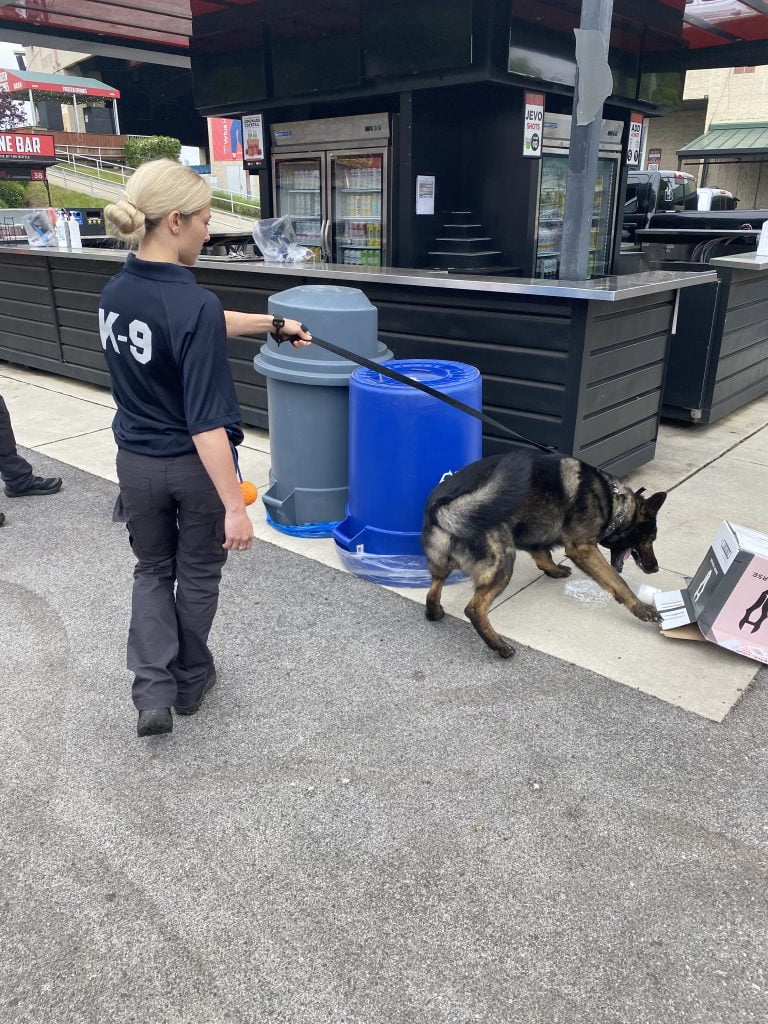Our detection dogs undergo extensive training to ensure they are equipped to detect a wide range of substances. Typically, the training process involves exposing the dogs to various scents, enabling them to differentiate between the target substance and other odors. Once the dog has mastered scent detection, it learns to alert its handler to the presence of the substance through specific behaviors such as sitting or pawing at the source.
It is crucial that detection dogs and their handlers are certified by a reputable organization, such as the National Narcotic Detector Dog Association (NNDDA) or the United States Police Canine Association (USPCA). This ensures that the dogs are reliable and effective in their work.


